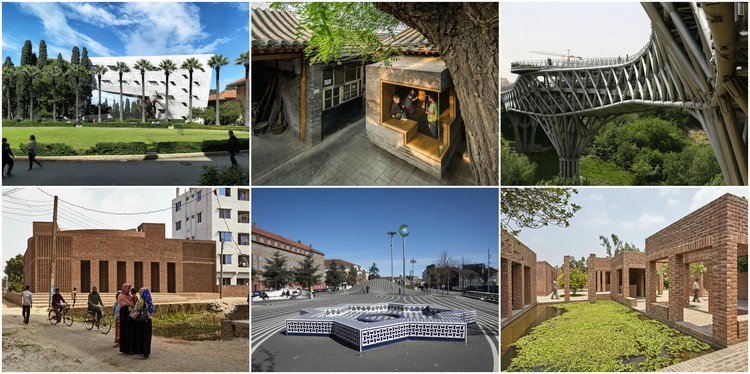Six exemplary projects have been announced as winners of the 2016 Aga Khan Award for Architecture. Presented once every three years, the award was established by the Aga Khan in 1977 to “identify and encourage building concepts that successfully addressed the needs and aspirations of communities in which Muslims have a significant presence.” To be considered for the award, projects must exhibit not only architectural excellence, but also the ability to improve users overall quality of life.
Selected from a shortlist of 19 candidates, the five winning projects will receive a $1 million dollar prize as they join an acclaimed list of previous winners, which includes buildings from Zaha Hadid, Norman Foster, Charles Correa, Frank Gehry, Jean Nouvel and Hassan Fathy.
The Award’s “Master Jury” is appointed by a steering committee chaired by His Highness the Aga Khan (the 49th hereditary Imam of the Shia Imami Ismaili Muslims), who together establish the eligibility criteria for project submissions and provide thematic direction in response to “emerging priorities and issues” that relate to the architectural sphere.
Part of the Aga Khan Trust for Culture, which also engages in a series of programs related to the revitalization of historic Islamic cities from India and Syria to Pakistan and Bosnia-Herzegovina, the Award also supports a major online resource on architecture in Muslim societies. This archive—ArchNet—collaborates with the Aga Khan Program for Islamic Architecture at Harvard University and the Massachusetts Institute of Technology (MIT) to “improve the teaching” of Islamic art, architecture, urbanism and visual culture while “[increasing] the visibility of Islamic cultural heritage in the modern Muslim world.” Their primary aim is to advance the practice, analysis, and understanding of Islamic architecture as both a discipline, and a cultural force.
